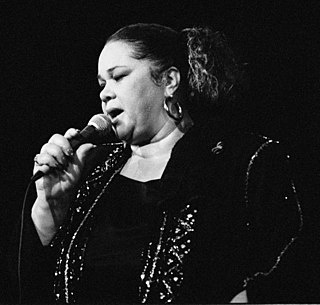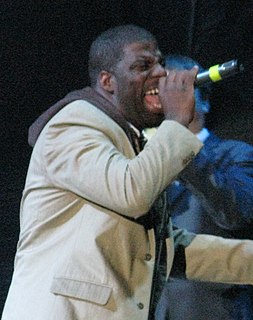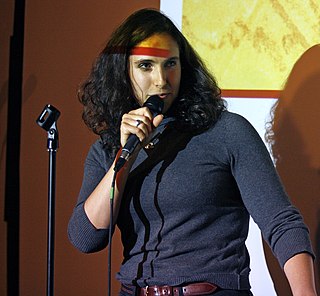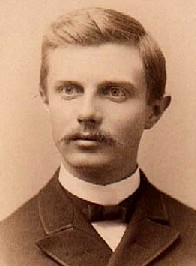A Quote by William Barr
The Great Migration changed American history not just for the migrants but for all of us. It made possible American cultural milestones like the Harlem Renaissance, Chicago blues, and Motown, just to name a few.
Related Quotes
As a historian of American and African-American religion, I know that the Trayvon Martin moment is just one moment in a history of racism in America that, in large part, has its underpinnings in Christianity and its history. Those of us who teach American Religion have a responsibility to tell all of the story, not just the nice touchy-feely parts.
There are many influences in my music, not only blues. R&B, Motown, gospel, old timey, jazz, even classical are all part of what I do. I started with classical, then country, then blues, and after that I started listening heavily to Motown and gospel. My earliest efforts as a songwriter were soul. Aretha Franklin, Curtis Mayfield, Wilson Pickett, Gladys Knight, James Brown, Otis Redding, Marvin Gaye and Fontella Bass are just a few of the names that come to mind as the God's of soul and Motown.
When I was 17, I worked in a mentoring program in Harlem designed to improve the community. That's when I first gained an appreciation of the Harlem Renaissance, a time when African-Americans rose to prominence in American culture. For the first time, they were taken seriously as artists, musicians, writers, athletes, and as political thinkers.
American patriotism is now jingoism. American Greatness is made fun of. The concept of "Make America Great Again" or American exceptionalism is lampooned. It is impugned. It is attacked. The effort to globalize our society and make us feel, as many of us as possible, that there's nothing special about being an American, that we ought to think of ourselves as citizens of the world, and in that context America is a problem because we have too much, we've done too much, we owe too much, blah, blah, blah, blah, blah.




































